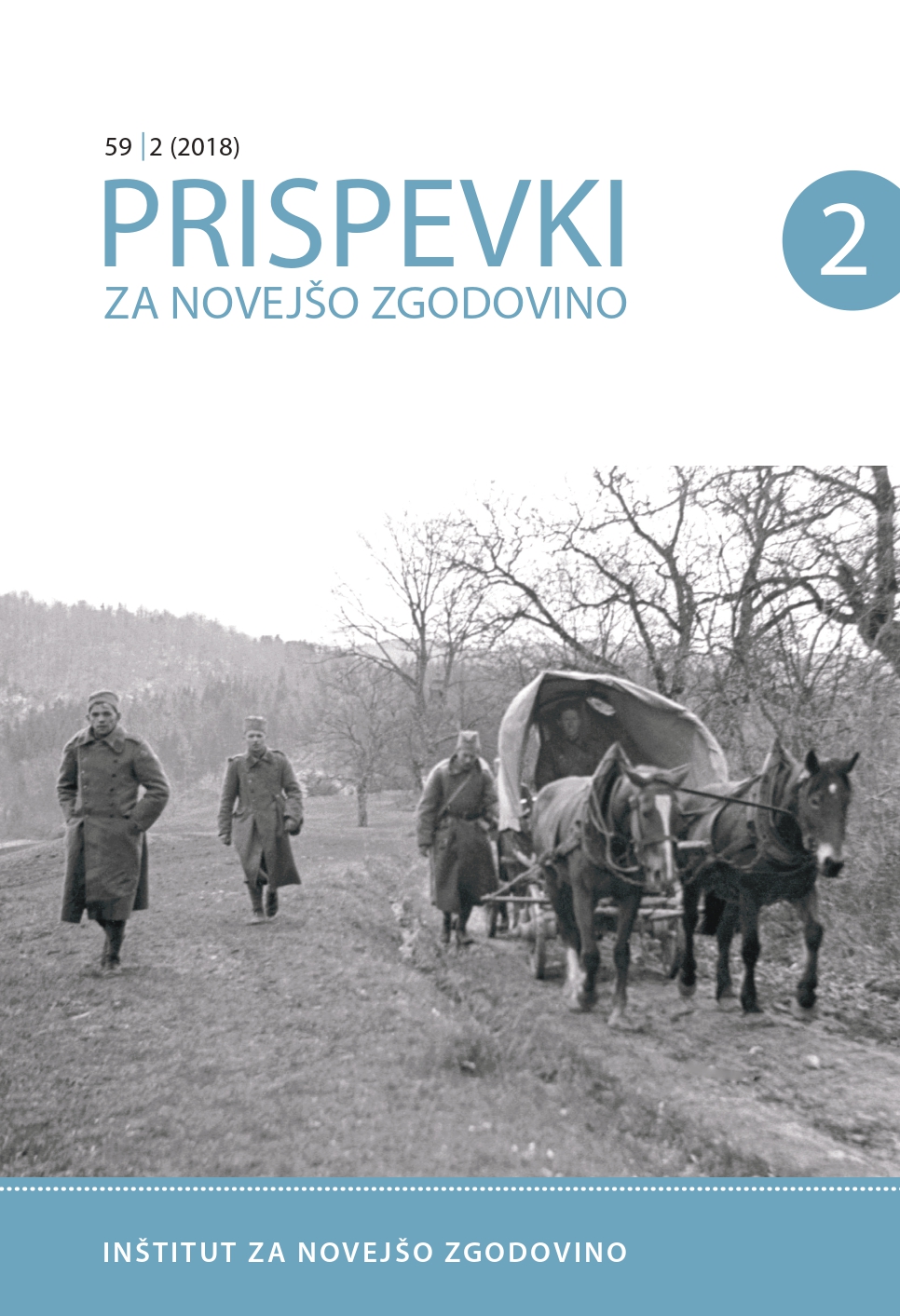Standard in potrošniške prakse v spominih na socializem
Standard of Living and Consumer Practices in Memories of Socialism
Author(s): Jelka PiškurićSubject(s): Political history, Social history, Sociology of Culture, Post-War period (1950 - 1989)
Published by: Inštitut za novejšo zgodovino
Keywords: socialism; standard of living; consumer practices; everyday life; oral sources;
Summary/Abstract: The following contribution focuses on the living conditions during socialism. The analysis was carried out on the basis of oral sources. Standard, consumerism and consumer practices represent an important segment of everyday life; in fact, narrators devoted most of their memories to this topic. In Yugoslavia, consumerism developed under the influence of both socialist and consumer values, and consumer practices were influenced by the growth of standard of living and the lack of and restrictions in the distribution of goods. In their efforts for a better standard of living, people were flexible and resourceful. They tried to align political and economic constraints with their consumer preferences and desires for a better life. Satisfaction with the growing standard of living gave legitimacy to the authorities as well. But people’s desires were constantly growing due to the evolving consumer culture. Narrators often supported their achievements with anecdotes about their shopping ventures. The 1960s and 1970s brought growth of the standard of living and consumer development, while the 1980s lead to increasing inflation and large supply constraints. All of this contributed to the discontent of people and the growing criticism of the system.
Journal: Prispevki za novejšo zgodovino (before 1960: Prispevki za zgodovino delavskega gibanja)
- Issue Year: 58/2018
- Issue No: 2
- Page Range: 125-138
- Page Count: 14
- Language: Slovenian

